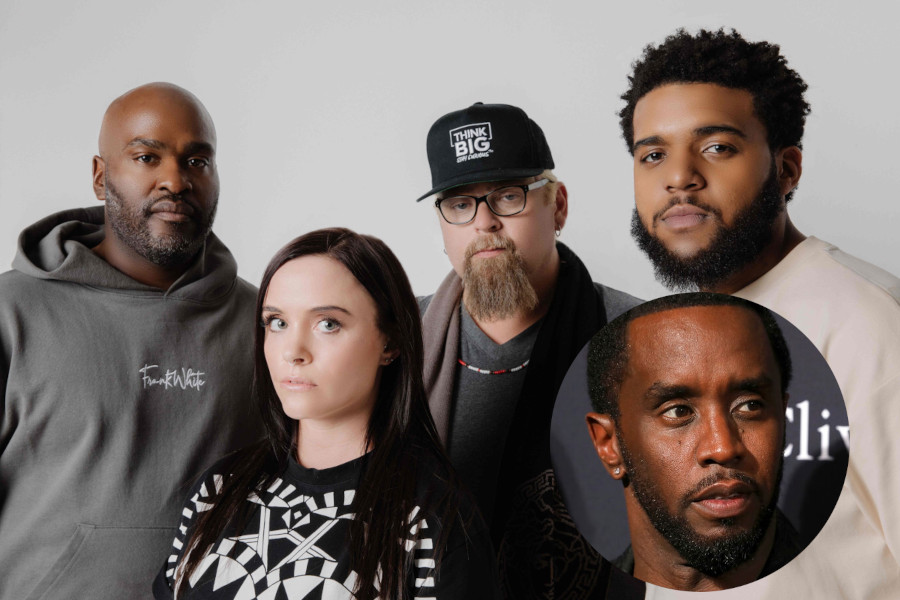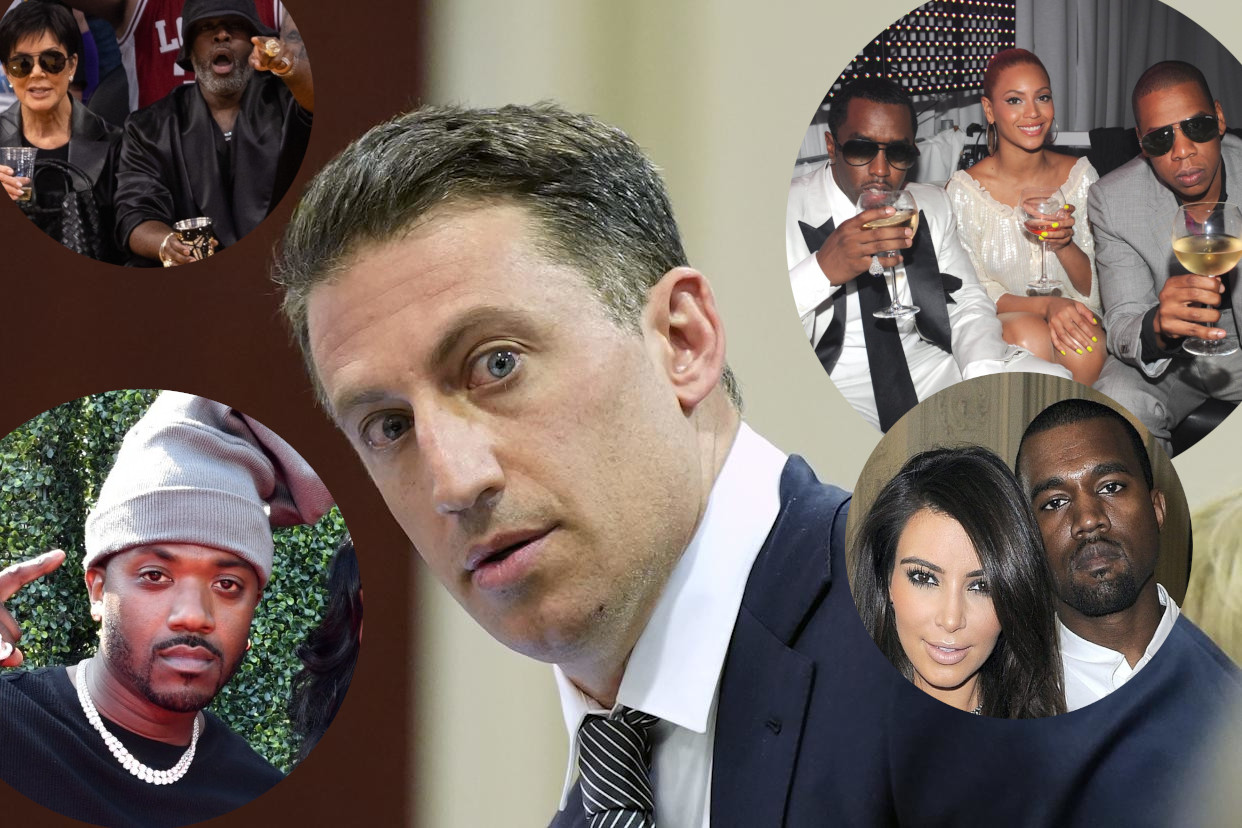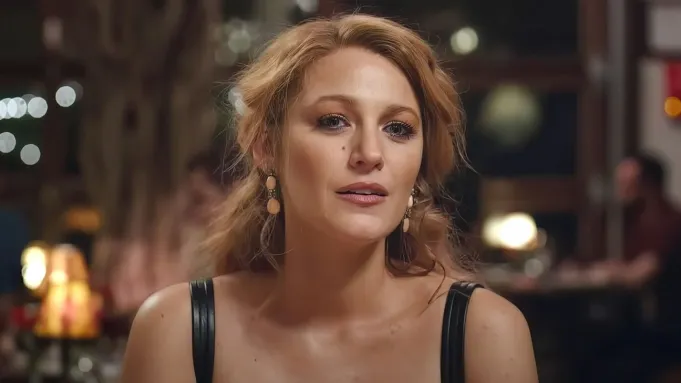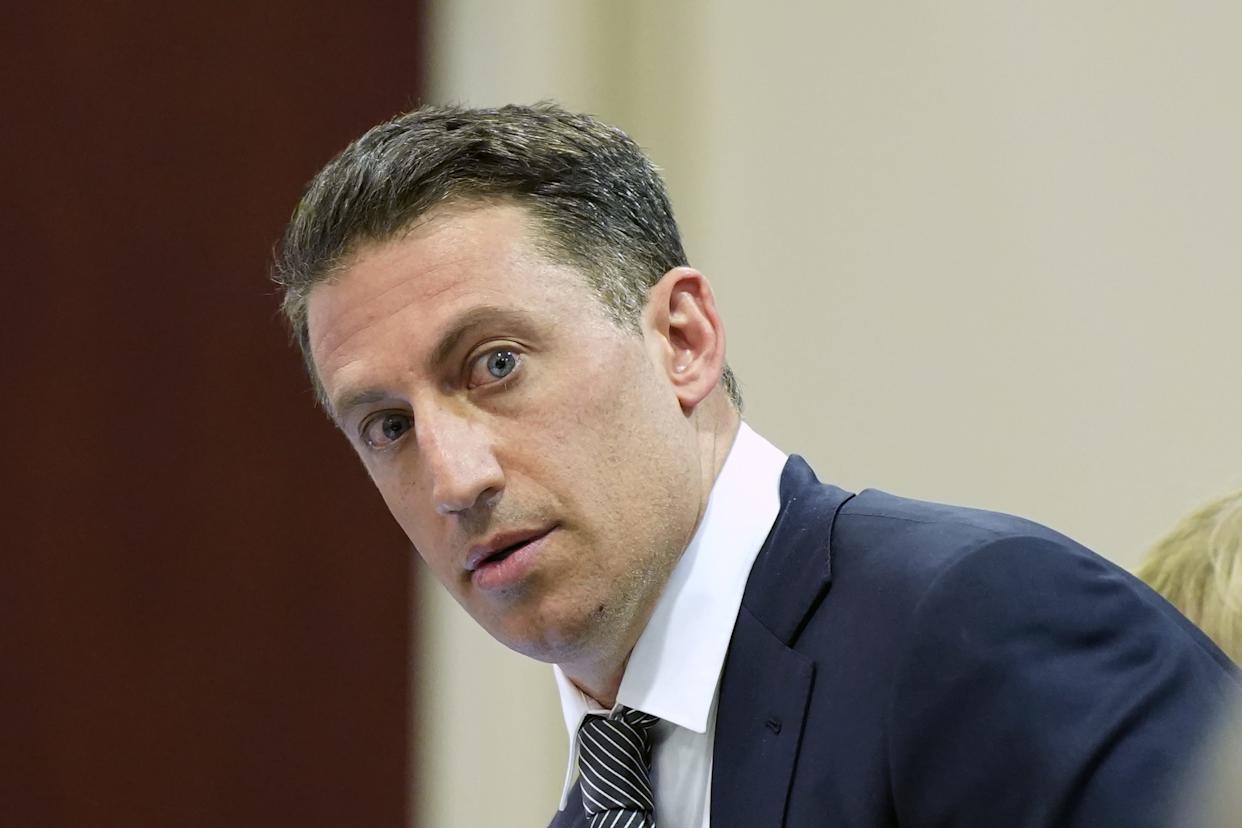After an eight-week trial, Sean “Diddy” Combs was found guilty of facilitating prostitution, marking a critical moment for the music industry as survivors of sexual abuse and activists demand accountability for powerful figures. Testimony from his former partner, Cassie Ventura, highlighted disturbing patterns of control and abuse within their relationship, revealing a broader culture of silence in hip-hop that often protects predators.
With Combs’ conviction, many are questioning why it took so long for such accountability in hip-hop, especially when juxtaposed against the Hollywood MeToo movement. Advocates like Cristalle Bowen, a Chicago-based rapper, emphasize that sexism and abuse are systemic issues in the music industry, fostered by a culture that prioritizes profits over the safety of artists.
Discussions surrounding the trial draw attention to the prevalent use of non-disclosure agreements, which can silence victims and prevent them from coming forward. Legal expert Arick Fudali pointed out the difficult choices survivors face when weighing the benefits of private settlements against the potential to raise awareness publically.
Beyond legal protections, experts argue that systemic racism and misogyny add complexity to the challenge, particularly in hip-hop, which has historically provided a platform for marginalized voices. Hip-hop's roots in activism mean that artists like Combs are often viewed as symbols of success against a backdrop of adversity.
The industry’s response to Combs’ verdict may signal a reckoning, with advocates now calling for new policies to ensure accountability in music. Groups advocating for change, like the Sound Off Coalition, are pushing for industry-wide practices that require reporting allegations.
Despite Combs’ conviction, the question remains whether this will lead to transformative changes in a genre that has traditionally sidelined female voices. Acknowledging the intricate connections between race, gender, and power in music is crucial for fostering a safer, more equitable environment for all artists.
In the wake of a shifting cultural landscape, the potential for a dedicated "MeToo" movement in hip-hop is becoming more palpable, as community members and supporters unite to challenge existing norms and fight for the rights of survivors.




















